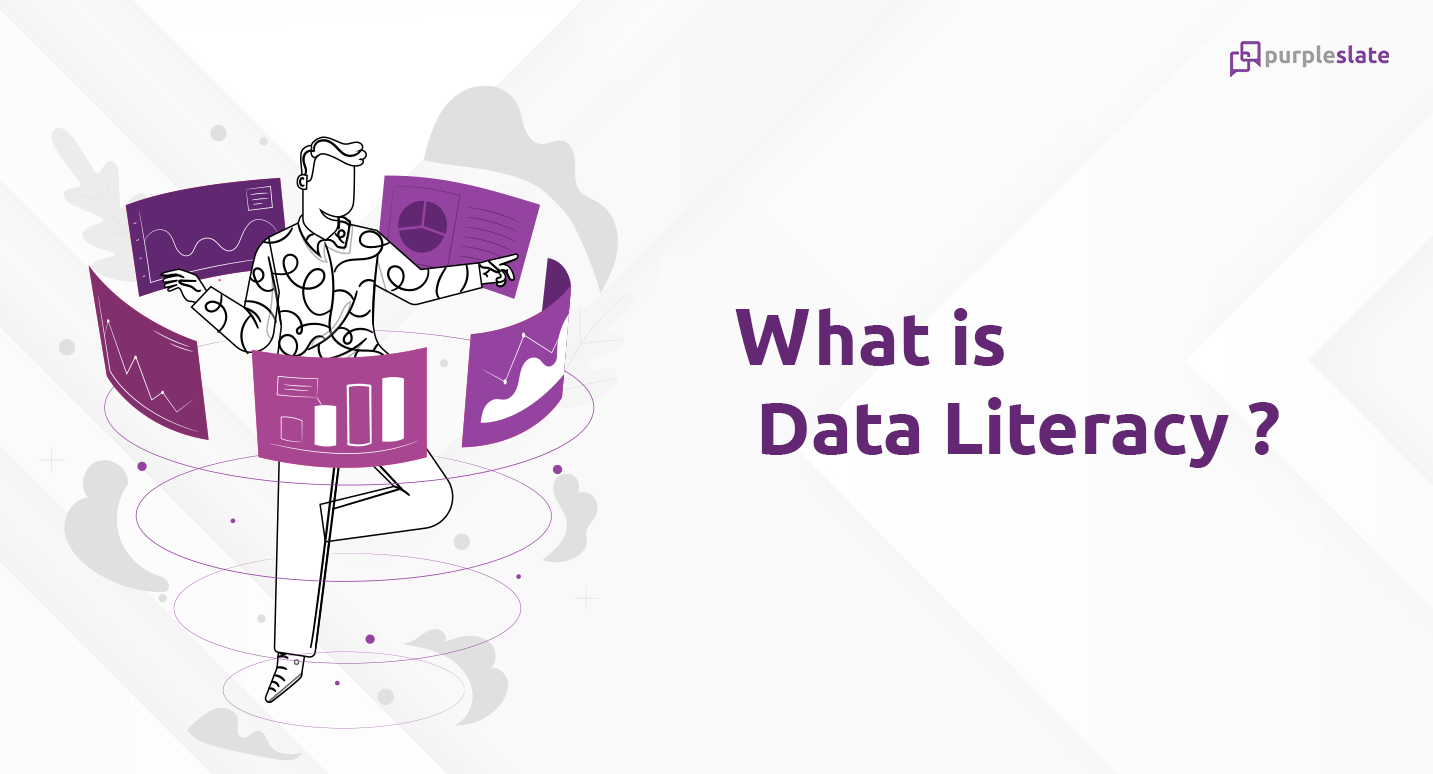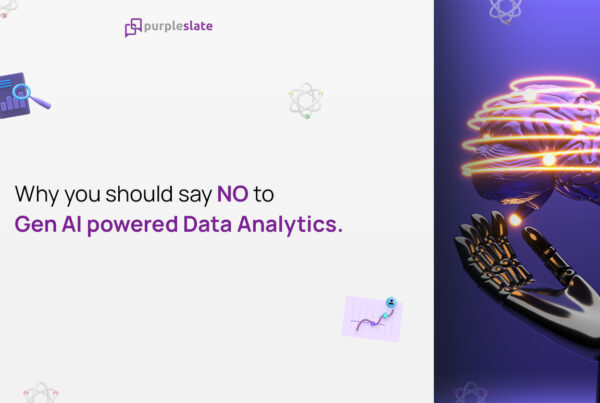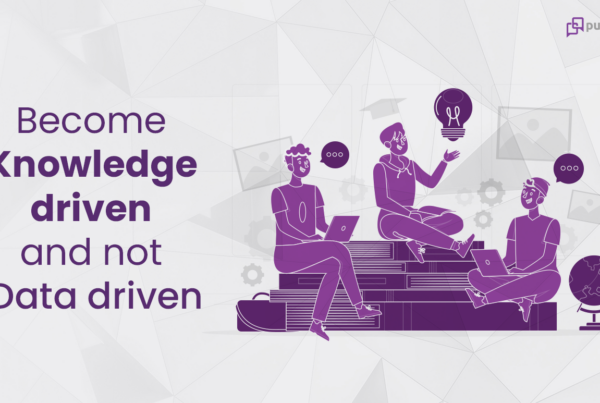
Introduction
In this age of data, many companies collect and store vast amounts of data from people by using various technologies. According to a report by Forrester, 60-73% of the data are unused for any form of analytics by companies who acquired the data from people in 2019. There can be many reasons for this. Still, one of the most critical factors is data literacy.
Accenture conducted a survey involving over 9,000 companies about data literacy. It was discovered that three-quarters of the company employees were either unhappy or felt overwhelmed when working with data. Over 59% of the employees said they couldn’t keep up and got burnt out while trying to use data analytics and business intelligence tools, resulting from low data literacy.
What is data literacy?
Data literacy is commonly known as the potential to analyze, read, communicate and work with any form of data. There is a misconception about data literacy, meaning that a person has to learn different types of programming languages, and that isn’t true. It is all about making decisions with data based on one’s understanding of it.
As a result of how complex data analysis can become, employees working with data need to make calculated decisions about data and how they interpret it. Data literacy is what can make this possible. Whenever a company lacks data literacy, it limits data transformation. It restricts the company from competing with others with high data literacy, making it worse than its competition. The research was done on the impact of data literacy from the data literacy projects. They found that companies with high data literacy get about 320-534 million dollars after calculating the company’s value.
Why is data literacy important for your business?
A core foundation for any organization now is data literacy. The company must achieve it for the business to grow and prosper. There are numerous reasons why data literacy is essential for business, and some of these include:
- Data literacy enables an organization to use data effectively to drive desired business outcomes
- Data literacy is directly proportional to better results and organizational success
- The more data literate your organization is, the better your result will be
- Regardless of the amount of data received by your organization; data literacy isn’t being used properly until it gets integrated and modified to help boost your organization
- Every employee in an organization needs to know why improving data literacy is necessary. If used properly, it makes it easier for employees to achieve their duties and do their jobs well to increase the performance of the company as a whole
- Data literacy makes things more efficient in a company when everyone has access to the data since their data is literate and independent
Five critical data literacy challenges for business leaders
When data literacy is involved, most of the attention focuses on the users. Data literacy implies that business owners must cultivate specific skills within their workforce.
These are a few challenges business owners face regarding data literacy;
Poor Data Quality
Having a poor level of data quality is directly related to business outcomes. Unfortunately, data quality reduces as time passes, making it essential to frequently revisit and collect new data samples. Errors when it comes to data entry aren’t something that can be completely avoided.
Bad management of data
To achieve high-quality data consistently, the data need to be managed properly, which is enabled by quality data management tools. There must be good governance of data owned by the business owners to ensure that they are well taken care of and used correctly.
Data Silos
The absence of data integration is an unavoidable challenge for business owners when it comes to data literacy in most companies. Multiple systems host very distinct data sets, which can be extremely problematic when trying to keep them all in sync. Flexible, reliable, and scalable integration of data makes it possible for companies to adopt new improved systems that have been shared online.
Missing Context
When data isn’t given any context, it has little to no value. Whenever a company has only the foundational information about the customers, it reduces their scope of view on their clients. By adding demographic, location, context, etc. into the data, users can see an all-encompassing view of the customers and their target/potential customers.
Insecurity of the company employees
Most 16-24 year old’s rate their confidence levels as lower than average regarding data management. However, business owners would prefer to leverage their young workforce due to high digital literacy. Hence, employee confidence becomes vital as it affects their competency and ability to produce good results.
Discover key ways to improve data literacy in your organization
Poor data literacy impedes the organization’s digital transformation and ability to compete in an increasingly digital-first business environment.
Here are a few ways we advise that enable you to drive the data literacy culture for your organization.
- Create a roadmap of your objective and goal regarding the degree of data literacy you want in the organization
- Give priority to the instances or parts of the business that benefit the most from data literacy and focus on that before moving to the others
- Design a program for data literacy the employees will follow that imbues them with all the important training and tools they would need
- Make sure every equipment and training employees need to reach the level required when it comes to data literacy for their respective fields is available
- It is important not to be too strict when designing the processes to give employees time to improve their data skills through practice and become capable of handling daily business activities
- Include different ways to monitor the progress of employees towards data literacy on an organizational level to ensure the maximum effectiveness of your data literacy program
Conclusion
Data literacy is a significant part of businesses that deal with data today, especially for people relating directly to customers’ data. Companies must have a high level of data literacy to handle it well and promote their business, taking it to the next level.




